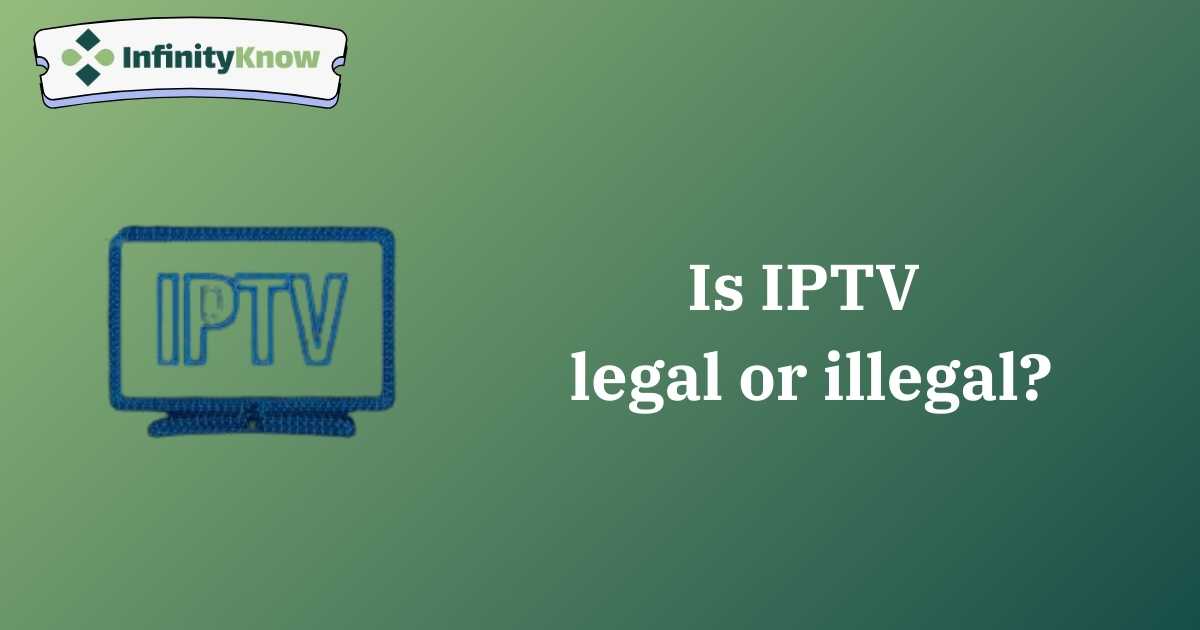There is considerable confusion regarding the legality of IPTV (Internet Protocol Television) services.
The legality of IPTV varies by country and the specific content being accessed. While IPTV is a legitimate technology for delivering television content over the internet, is iptv legal services and the content they provide can be complex.
IPTV services offer a wide range of content, including licensed TV channels, movies, and sports events. If these services obtain the necessary licenses and agreements from the copyright holders, they can operate legally. However, some IPTV services offer unauthorized or pirated content without proper licensing, which is illegal.
Using IPTV services to access copyrighted content without proper authorization constitutes copyright infringement and may be illegal in many jurisdictions. Engaging in such activities can have legal consequences, including potential civil and criminal penalties.
To ensure legal access to IPTV content, it is recommended to use authorized IPTV services that have obtained the necessary licenses and agreements for the content they provide. Additionally, it is prudent to familiarize yourself with the copyright laws and regulations in your country to understand what is considered legal and illegal in your jurisdiction. Please note that this information is not legal advice. If you have specific concerns about the legality of IPTV in your country or region, consult with a legal professional specializing in intellectual property and copyright law.
Additional Information Regarding the Legality of IPTV:
- Licensed IPTV Providers: Many countries have licensed IPTV providers that operate legally by obtaining the necessary permissions and agreements from content owners. These providers typically offer subscription-based services with access to licensed channels, movies, and other content.
- Unauthorized/Pirated IPTV Services: Some unauthorized or pirated IPTV services offer access to copyrighted content without proper authorization. These services often infringe upon copyright laws and distribute content illegally. Engaging with such services or accessing pirated content is considered copyright infringement and can have legal consequences.
- Copyright Infringement: This occurs when individuals or companies use copyrighted resources without the owner’s consent. This includes streaming or distributing copyrighted TV channels, movies, sports events, and other content through IPTV services without the necessary licenses. Copyright laws vary by country, but in many jurisdictions, copyright infringement can result in legal penalties, including fines and potential imprisonment.
- Enforcement Actions: Law enforcement agencies and copyright holders actively monitor and take action against illegal IPTV services and individuals involved in distributing or using pirated content. They may issue takedown notices, conduct raids, or initiate legal proceedings against those engaged in copyright infringement.
- User Liability: Users of illegal IPTV services can also face legal consequences, although enforcement actions against individual users are less common compared to providers. However, it is important to note that using unauthorized IPTV services to access copyrighted content can expose users to legal risks.
In summary, while IPTV technology is legal, the legality of IPTV services and the content they provide depends on proper licensing and permissions from copyright holders. It is crucial to use authorized IPTV providers and avoid accessing pirated or unauthorized content to ensure compliance with copyright laws. Always consult with legal professionals or experts in your jurisdiction for specific guidance on the legality of IPTV services in your country.
